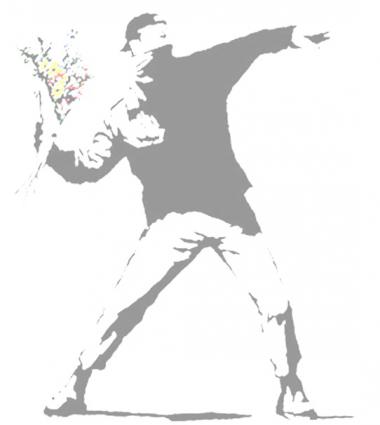"consider the octopus"
By Anne DalkeMay 31, 2015 - 10:00

Okay, sometime soon I'll stop having conversations with y'all.
Or maybe not.
The piece I saw today, which I wanted to share, is spoken by a little boy who makes the case for vegetarianism--in a much more convincing way than Elizabeth Costello did in The Lives of Animals. Watch the video @ www.brainpickings.org/2015/05/29/luiz-eating-animals-octopus/?mc_cid=c8461486ba&mc_eid=9fca1eed27




